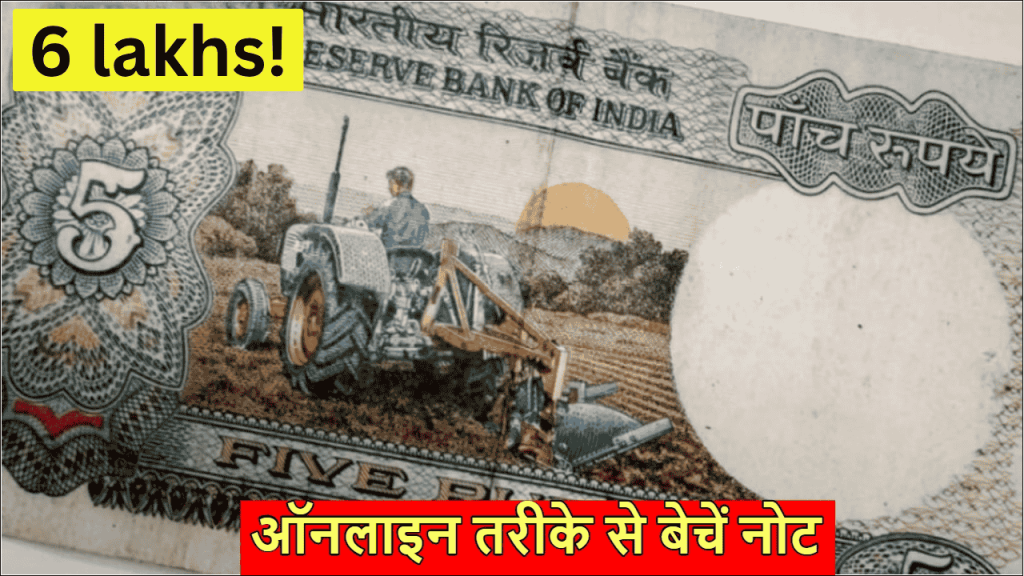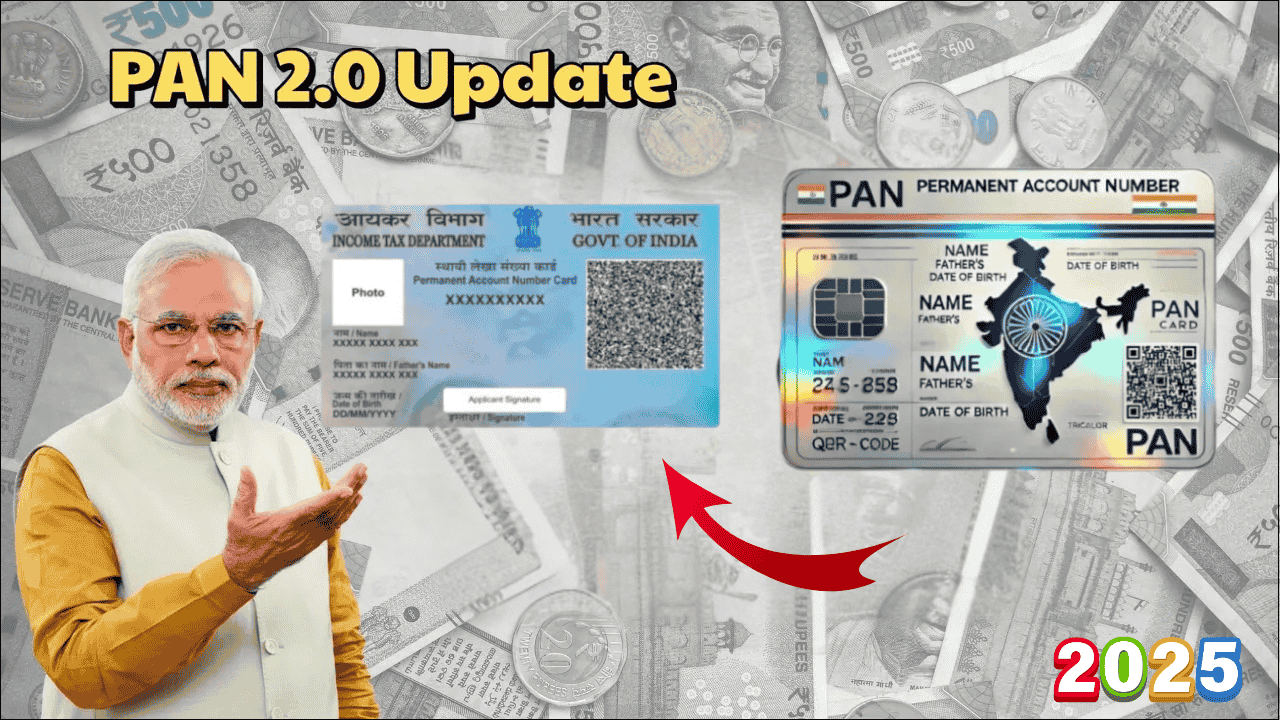
The world of currency collection has captured the imagination of many individuals seeking alternative investment opportunities and unique hobbies. Stories circulating on social media and various online platforms often claim extraordinary values for seemingly ordinary banknotes and coins, creating widespread interest among the general public. However, it’s crucial to understand the legitimate aspects of numismatics (currency collecting) while being aware of potential scams and misinformation that can lead to financial losses.
Currency collecting, also known as numismatics, is a legitimate hobby and investment activity that has existed for centuries. Professional collectors, dealers, and auction houses regularly trade rare and valuable currency items based on factors such as historical significance, rarity, condition, and market demand. However, the recent surge in online claims about extraordinary values for common currency has created confusion between legitimate collecting practices and fraudulent schemes.
Table of Contents
The Reality of Currency Collection
Professional numismatics involves the systematic study and collection of currency, including coins, banknotes, tokens, and related objects. Legitimate currency values are determined by several established factors that have been recognized by collectors and dealers worldwide for decades. Understanding these factors helps distinguish between realistic valuations and exaggerated claims that often circulate on social media platforms.
Factors That Determine Legitimate Currency Value
Rarity remains the primary factor influencing currency value in legitimate markets. Items that were produced in limited quantities, have survived in small numbers, or possess unique characteristics command higher prices among serious collectors. Historical significance also plays a crucial role, as currency items connected to important events, periods, or figures attract premium valuations.
Condition represents another critical factor in determining authentic currency values. Professional grading systems evaluate the physical state of currency items, with uncirculated or mint condition pieces commanding significantly higher prices than worn or damaged examples. The presence of printing errors, unique serial numbers, or other anomalies can also influence value, though such features must be verified by reputable experts.
Common Currency Features and Their Significance
| Feature Type | Description | Legitimate Value Impact | Common Misconceptions |
|---|---|---|---|
| Serial Numbers | Unique identifying numbers | Minimal impact unless truly rare patterns | Claims of high value for common patterns |
| Printing Errors | Mistakes during production | Can increase value if verified | Many normal variations claimed as errors |
| Commemorative Issues | Special edition releases | Value based on actual rarity | Overestimation of recent commemoratives |
| Age | Time since production | Important but not sole factor | Assumption that older always means valuable |
| Design Elements | Images and artwork | Historical significance matters | Claims about specific images having high value |
Understanding Market Dynamics
The legitimate currency collecting market operates through established channels including auction houses, coin shows, reputable dealers, and certified online platforms. Professional numismatists rely on price guides, auction records, and market analysis to determine fair market values. These valuations fluctuate based on supply and demand, economic conditions, and collecting trends.
Authentic high-value currency transactions typically involve proper documentation, expert authentication, and established provenance. Rare banknotes and coins that command substantial prices have well-documented histories and are recognized by the collecting community through years of research and verification.
Warning Signs of Currency-Related Scams
The proliferation of social media and online platforms has unfortunately led to an increase in currency-related scams targeting individuals unfamiliar with legitimate collecting practices. These schemes often exploit people’s desire for quick financial gains by making unrealistic claims about common currency items.
Red Flags to Recognize
| Warning Sign | Description | Why It’s Problematic | Legitimate Alternative |
|---|---|---|---|
| Extraordinary Claims | Promises of lakhs for common notes | Values far exceed market reality | Consult professional price guides |
| Pressure Tactics | Urgency to sell immediately | Prevents proper research and verification | Take time to research thoroughly |
| Unverified Platforms | Unknown or unestablished websites | Lack of buyer protection | Use reputable auction houses or dealers |
| No Authentication | Claims without expert verification | No guarantee of legitimacy | Require professional authentication |
| Upfront Fees | Charges before any sale | Risk of losing money without results | Legitimate dealers work on commission |
Legal Framework and RBI Guidelines
The Reserve Bank of India (RBI) maintains strict regulations regarding the buying, selling, and trading of Indian currency. According to RBI guidelines, the unauthorized trading of Indian banknotes can violate various financial regulations and laws. While collecting old or discontinued currency may be permissible under certain circumstances, commercial trading requires proper authorization and compliance with banking regulations.
Important Legal Considerations
| Aspect | RBI Position | Legal Implications | Recommendations |
|---|---|---|---|
| Note Trading | Strictly regulated | Potential legal violations | Consult RBI guidelines before proceeding |
| Authentication | No official valuation service | Risk of fraud | Use only certified numismatic experts |
| Commercial Sales | Requires proper authorization | Legal and financial consequences | Ensure compliance with all regulations |
| Online Platforms | Not endorsed by RBI | Buyer beware situations | Verify platform legitimacy thoroughly |
Legitimate Currency Collecting Practices
For individuals genuinely interested in currency collecting as a hobby or investment, several established practices ensure both legal compliance and potential financial returns. Professional numismatic organizations provide education, authentication services, and market guidance for serious collectors.
Building a Legitimate Collection
Starting a currency collection requires research, patience, and often significant initial investment. Successful collectors focus on specific areas of interest, such as particular time periods, denominations, or geographical regions. They build relationships with reputable dealers, attend coin shows and auctions, and continuously educate themselves about market trends and historical context.
Authentication and grading services provided by established organizations help ensure the legitimacy and condition of collected items. These services provide certificates and professional opinions that support market valuations and facilitate future sales or insurance coverage.
Protecting Yourself from Fraud
Given the prevalence of currency-related scams, potential collectors and sellers must take proactive steps to protect themselves from fraud. Education remains the best defense against misleading claims and fraudulent schemes that target uninformed individuals.
Safety Measures and Best Practices
| Protection Strategy | Implementation | Benefits | Additional Notes |
|---|---|---|---|
| Research Thoroughly | Study market prices and trends | Informed decision-making | Use multiple reliable sources |
| Verify Claims | Cross-check with expert sources | Avoid unrealistic expectations | Consult professional numismatists |
| Use Established Channels | Work with reputable dealers | Buyer protection and authenticity | Check credentials and references |
| Document Everything | Keep detailed records | Legal protection and insurance | Include photos and certifications |
| Seek Professional Advice | Consult numismatic experts | Expert guidance and authentication | Worth the investment for valuable items |
Educational Resources and Professional Networks
Serious currency collecting requires ongoing education and connection with professional networks. Numismatic societies, collector clubs, and educational institutions offer resources for learning about currency history, valuation methods, and market trends. These organizations also provide networking opportunities with experienced collectors and dealers.
Professional publications, academic research, and museum collections serve as authoritative sources for currency information. Many collectors find that building relationships with experienced numismatists provides invaluable guidance and mentorship in developing their collecting knowledge and skills.
Alternative Investment Considerations
While currency collecting can be a rewarding hobby and potentially profitable investment, it requires significant expertise, time, and capital to be successful. Alternative investment options may provide more predictable returns with lower risks for individuals seeking to diversify their financial portfolios.
Traditional investment vehicles such as stocks, bonds, mutual funds, and real estate often provide better liquidity and more transparent valuation methods than collectible currencies. Professional financial advisors can help individuals assess whether currency collecting aligns with their investment goals and risk tolerance.
Technology and Modern Collecting
Digital technology has transformed many aspects of currency collecting, providing new tools for research, authentication, and trading. Online databases, digital catalogs, and virtual marketplaces have made information more accessible to collectors worldwide. However, technology has also enabled more sophisticated scams and fraudulent schemes.
Blockchain technology and digital authentication methods are beginning to influence the collectibles market, potentially providing new ways to verify authenticity and track ownership history. However, these technologies are still developing and may not yet be widely adopted in traditional numismatic circles.
Future Outlook for Currency Collecting
The currency collecting market continues to evolve with changing demographics, economic conditions, and technological advances. Younger collectors may have different interests and preferences compared to traditional numismatists, potentially affecting market demand and valuations for various currency types.
Global economic uncertainty and inflation concerns sometimes drive interest in alternative investments, including collectible currencies. However, the specialized knowledge required for successful currency collecting means that casual participants may face significant risks and potential losses.
Conclusion and Recommendations
Currency collecting represents a legitimate and potentially rewarding hobby for individuals with appropriate knowledge, resources, and patience. However, the prevalence of misleading information and fraudulent schemes requires extreme caution when considering currency-related investments or sales.
The most important recommendation for anyone interested in currency collecting is to prioritize education and work exclusively with established, reputable sources. Understanding market realities, legal requirements, and authentication processes protects against fraud while enabling informed decision-making about collecting activities.
Frequently Asked Questions
Are claims about selling common 5-rupee notes for lakhs legitimate? No, such claims are typically fraudulent schemes with no basis in legitimate currency collecting markets.
Does the RBI support or endorse currency trading platforms? No, the RBI does not endorse private currency trading platforms and strictly regulates note trading activities.
What makes a currency item genuinely valuable to collectors? Legitimate value comes from verified rarity, historical significance, condition, and established market demand among serious collectors.
How can I verify if a currency item has real collectible value? Consult professional numismatists, reputable price guides, auction records, and established collecting organizations for authentic valuations.








